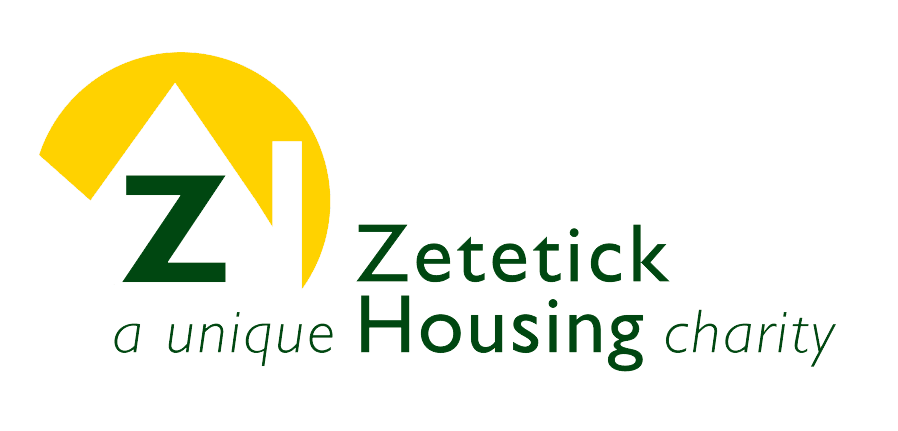Table of Contents
Learning disabilities | starting to explode some of the myths
#localauthorities #zetetickhousing #supportedliving
What do a rapper, an Uber driver, and a mother have in common?
Did you guess?
Living in a Zetetick supported living home of their own, with the right support, enables our tenants to live as independently as possible, doing what they enjoy, and contributing to the communities they live in.

Zetetick enables for our tenants what you and I take for granted
Our tenants are a diverse group of people of all ages, and they have a wide range of interests and levels of impairment. Some of them work. Some can’t. Some have children. Some live alone. Some live in shared houses with shared support. Some like cooking. They go out shopping. They have hobbies. They have friends and family lives and want to live near their loved ones. However they need varying levels of support to be able to do those things and to maintain their tenancies, but is that so different from the everyday lives most of us lead and take so much for granted?
For many of our tenants, a Zetetick house is their first home of their own. They may have lived with their parents all of their lives. Or they may have been a hospital inpatient for years, locked away in isolation, restrained by physical or chemical means, or abused. Living in miserable conditions that makes their health deteriorate and separates them from their families.
Learning disabilities: wipe out ‘warehousing’
There are thousands of people with learning disabilities, autism and mental health problems who have been stuck in ‘temporary’ assessment inpatient units, or in ‘out of area placement’ inpatient facilities for years. The 2020 report by NDTi (National Development Team for Inclusion) ‘Close to Home’ stated that the CQC and BMA reported that while there were many good private providers in these areas,
'many private providers deliver unsatisfactory care - some of it even dangerous, often in out-of-the-way areas and at high cost.' Shockingly, it was reported that the process of keeping human beings in these facilities has been described as 'warehousing'
This is a term more suited to a dystopian nightmare than a health setting. https://www.ndti.org.uk/resources/close-to-home-review-and-recommendations-for-reducing-out-of-area-placement
‘We know community-based services are not only better in terms of quality of life and outcomes, they are cheaper as well.’ (Dimensions)
Other reports provide research and case studies which show that the alternative is clear.
The case studies in ‘Helping People Thrive’ (commissioned by the Department for Health and Social Care) and ‘Moving Out of ATUs’ (created by the charity Dimensions) clearly illustrate how real people’s lives have been transformed. Living with support in the community not only results in the best outcomes for people but also makes financial sense for commissioners.
https://www.learningdisabilityengland.org.uk/what-we-do/our-work/helping-people-thrive/ https://dimensions-uk.org/press-release/dimensions-guide-moving-atus/
‘The right housing can obviously make or break a move into the community.’ (Dimensions)
Zetetick Housing has been putting together multidisciplinary teams with partners in the NHS, local authorities, commissioners, care providers, landlords and property developers for years. Our aim is to be life partners to our tenants – Zetetick is still supporting Rosie, one of our first clients after Zetetick was founded in 2007.
Zetetick Housing can help plan exempt accommodation housing and supported living options with commissioners in advance, for people with learning disabilities, autism, challenging behaviour and mental health issues. We respond quickly to requests for housing as we source our properties on private rental market. This means that we can work with the needs and preferences of tenants as a priority.



